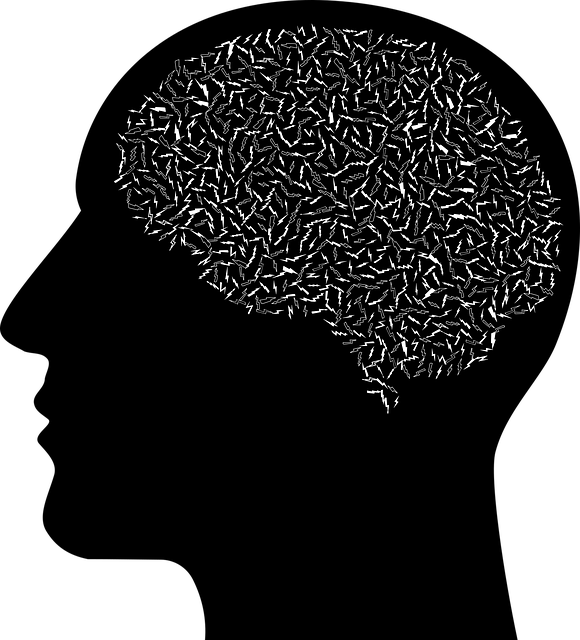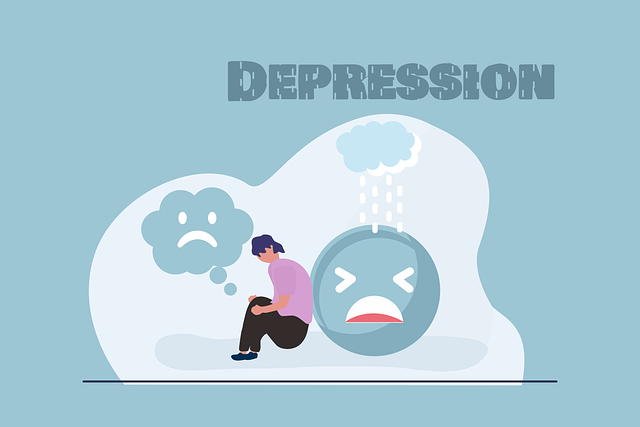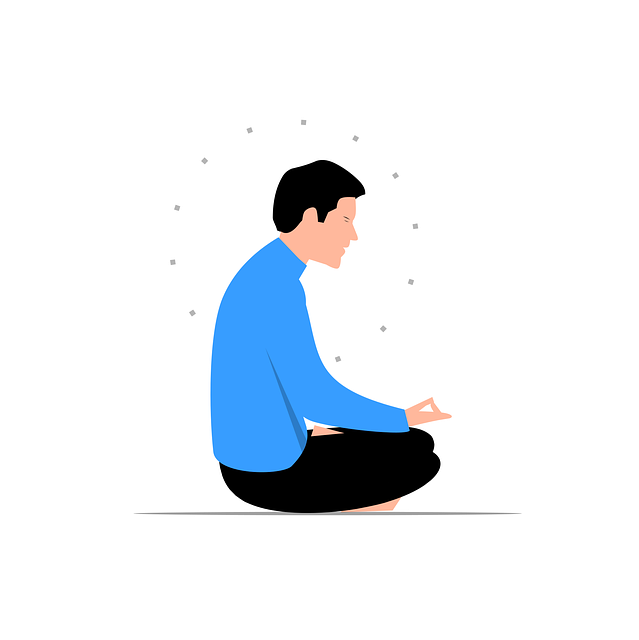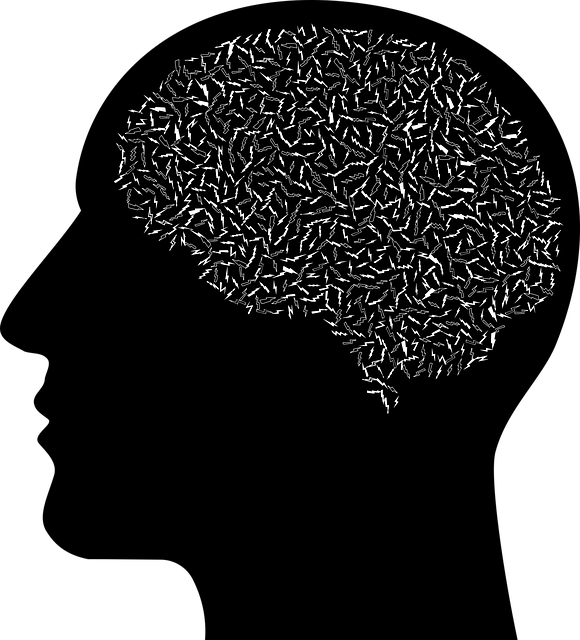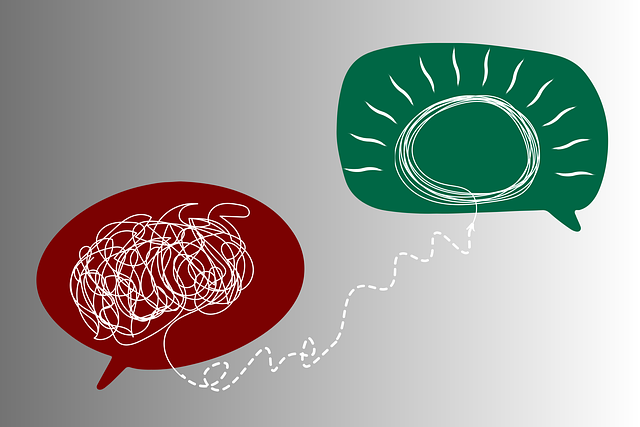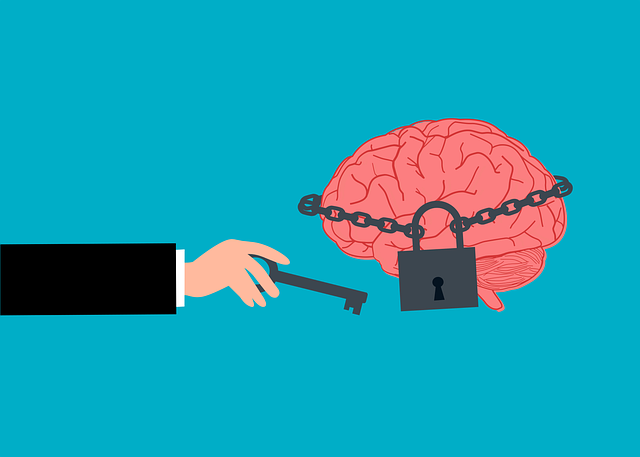Superior Exposure and Response Prevention (SERP) Therapy, an effective cognitive-behavioral approach for anxiety and OCD, is enhanced by regular mental wellness journaling. This practice allows individuals to document and reflect on their experiences, increasing self-awareness, challenging negative thoughts, and tracking progress. Through structured journaling exercises, people gain insights into triggers, responses, and thought patterns, fostering mindfulness and contributing to professional assessment and treatment adjustments. Incorporating cultural sensitivity further enriches this process.
Unwind and gain clarity through mental wellness journaling—a powerful therapeutic tool backed by science. This article guides you on harnessing the benefits of Superior Exposure and Response Prevention (ERP) therapy, offering a practical approach to self-care. We explore how regular journaling can help manage stress, anxiety, and depression. Learn strategies for setting up an effective practice, discover various techniques, and unlock the potential of your thoughts through this simple yet profound exercise.
- Understanding Exposure and Response Prevention Therapy (ERP) for Mental Wellness
- The Power of Journaling as a Therapeutic Tool
- Setting Up Your Journaling Practice for Optimal Benefits
- Techniques and Exercises for Effective Mental Wellness Journaling
Understanding Exposure and Response Prevention Therapy (ERP) for Mental Wellness

Understanding Superior Exposure and Response Prevention (ERP) Therapy is a powerful approach to enhancing mental wellness, especially for those struggling with anxiety or obsessive-compulsive disorders (OCD). ERP is a type of cognitive-behavioral therapy that aims to help individuals confront and manage their fears by gradually exposing them to distressing situations or triggers while preventing the typical avoidance or safety behaviors.
By facing these challenges directly, individuals learn to modify their emotional responses and realize that their feared outcomes rarely occur. This process empowers people to develop healthier coping strategies and a greater sense of control over their lives. Mental wellness journaling exercises can complement ERP therapy by providing a safe space for individuals to record their experiences, track progress, and reflect on the insights gained during exposure exercises. It offers an opportunity to practice self-awareness, challenge negative thoughts, and celebrate successes in managing anxiety or OCD symptoms.
The Power of Journaling as a Therapeutic Tool

Setting Up Your Journaling Practice for Optimal Benefits

Setting up a consistent journaling practice can significantly enhance your mental wellness journey, especially when combined with evidence-based therapies like Superior Exposure and Response Prevention (SERP). By dedicating time each day or week to write down your thoughts and experiences, you create a safe space for self-exploration. Start by choosing a journal that feels right for you—it could be a physical notebook or a digital one on your preferred device. Make it a habit to jot down your feelings, concerns, or even achievements, creating a personalized record of your mental health trajectory.
This practice fosters self-awareness exercises, helping you identify patterns and triggers related to your mental illness. Through regular reflection, you can better understand your emotions and reactions, which is a crucial step in stigma reduction efforts. Additionally, journaling provides an opportunity for risk assessment, allowing professionals to monitor client progress and make informed decisions regarding their treatment plans.
Techniques and Exercises for Effective Mental Wellness Journaling

Mental wellness journaling is a powerful tool for self-reflection and healing. One effective technique, often utilized in Superior Exposure and Response Prevention (SERP) Therapy, involves exploring thoughts and emotions through structured exercises. For instance, writers can start by describing their current mood and sensory experiences to gain profound insights into their mental state. This practice, akin to Mindfulness Meditation, encourages individuals to observe their feelings without judgment, fostering a deeper understanding of triggers and responses.
Additionally, prompts such as “Describe a recent challenging situation and your reaction” or “Reflect on a moment when you felt content and at peace” can be transformative. By writing about specific events, one can identify patterns in thinking and behaviour. This process allows individuals to challenge negative thought cycles and develop healthier coping mechanisms. Incorporating Cultural Sensitivity in Mental Healthcare Practice is also beneficial; writers can explore how cultural backgrounds influence their experiences, offering a nuanced perspective on mental wellness.
Mental wellness journaling can be a powerful tool for self-discovery and growth. By combining techniques from Superior Exposure and Response Prevention Therapy (ERP) with reflective writing, individuals can effectively manage anxiety, reduce stress, and improve overall mental health. Through consistent practice, setting achievable goals, and exploring various journaling exercises, one can unlock the benefits of this therapeutic approach. Remember, the key lies in making it a regular habit, providing a safe space for expression, and embracing the transformative power of self-reflection.

